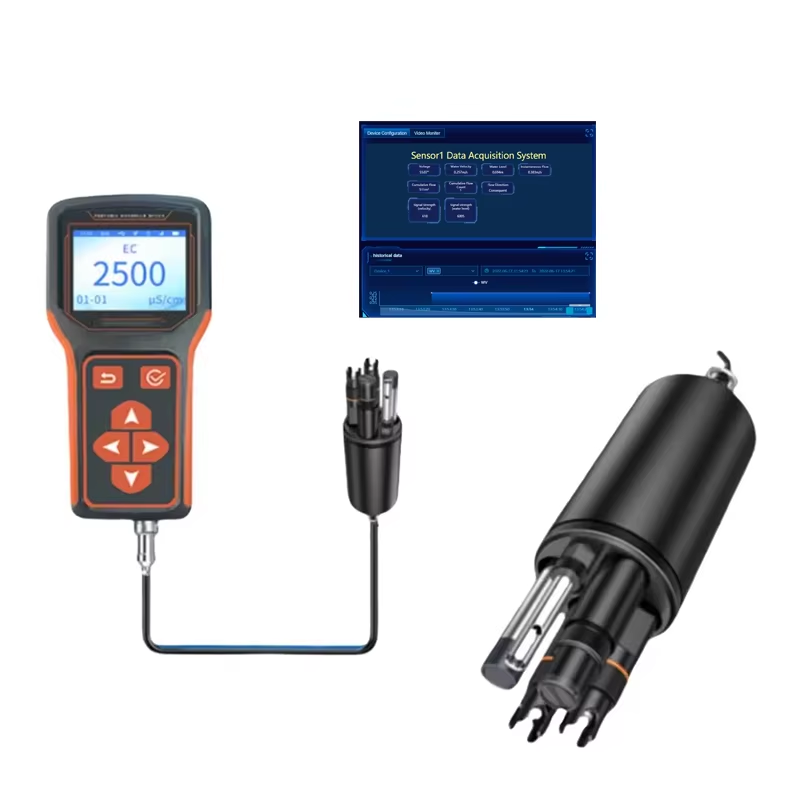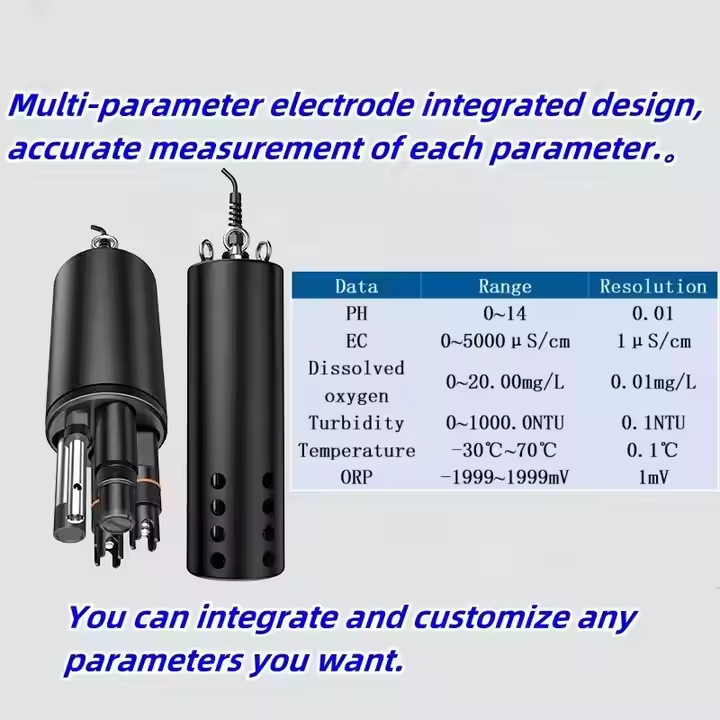Manila, June 2024 – With growing concerns over water pollution and its impact on agriculture, aquaculture, and public health, the Philippines is increasingly turning to advanced water quality turbidity sensors and multi-parameter monitoring solutions. Government agencies, agricultural cooperatives, and environmental organizations are investing in smart water quality monitoring systems to ensure safe irrigation, sustainable fisheries, and compliance with environmental regulations.
Agricultural Sector Seeks Real-Time Water Quality Monitoring
The Philippines, a major producer of rice, aquaculture, and tropical fruits, faces challenges from agricultural runoff, industrial discharge, and natural sedimentation. Poor water quality can harm crop yields and fish farms, leading to economic losses.
To address this, farms and fisheries are adopting multi-parameter water quality sensors that measure turbidity, pH, dissolved oxygen, and temperature in real time. These sensors help optimize irrigation, prevent disease outbreaks in aquaculture, and reduce chemical overuse.
“Accurate water quality data is crucial for sustainable farming,” says a representative from the Department of Agriculture. “With advanced sensors, farmers can make informed decisions to improve productivity while protecting water resources.”
Government Expands Water Monitoring Networks for Pollution Control
The Philippine government is strengthening its water quality monitoring infrastructure, particularly in critical watersheds, rivers, and coastal areas. The Environmental Management Bureau (EMB) has deployed floating buoy systems equipped with turbidity sensors and automatic cleaning brushes to ensure long-term accuracy in harsh marine and freshwater environments.
Additionally, remote monitoring solutions with RS485, GPRS, 4G, Wi-Fi, LoRa, and LoRaWAN connectivity allow real-time data transmission to central servers, enabling faster response to pollution incidents.
Advanced Solutions for Diverse Water Monitoring Needs
To meet the growing demand, technology providers like Honde Technology Co., LTD offer a range of solutions, including:
- Handheld meters for portable, on-site water quality testing
- Floating buoy systems for continuous multi-parameter monitoring in lakes, rivers, and reservoirs
- Automatic cleaning brushes to maintain sensor accuracy in high-fouling environments
- Complete server and software solutions with wireless modules supporting RS485, GPRS, 4G, Wi-Fi, LoRa, and LoRaWAN
For more water quality sensor information, please contact:
Honde Technology Co., LTD
Email: info@hondetech.com
Company website: www.hondetechco.com
Tel: +86-15210548582
Future Outlook: Smart Water Management for Sustainable Growth
As the Philippines pushes for stricter water quality regulations and climate resilience, the adoption of IoT-based water monitoring systems is expected to grow. Experts predict that integrating AI-driven analytics with real-time sensor data will further enhance pollution detection and resource management.
With continued investment in smart water technologies, the Philippines aims to secure clean water for agriculture, industry, and communities while safeguarding its rich aquatic ecosystems.
Post time: Apr-14-2025



